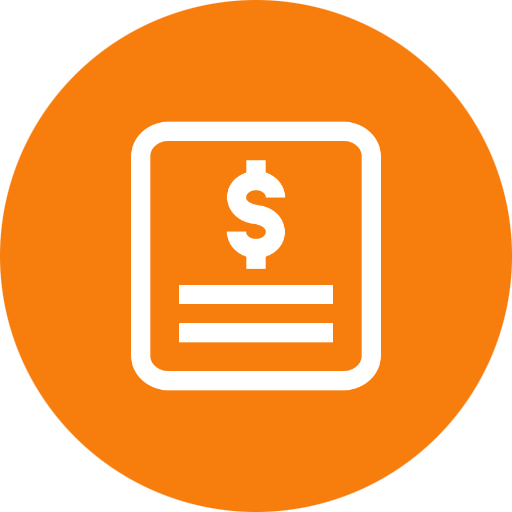What is professional services?
A simple definition of professional services is any business (or internal team) that provides a service or expertise rather than a physical product.
Some examples of professional services include:
- Business consulting
- Accountancy
- Customer relationship management
- Public relations
- Marketing
- I.T services
- Project management
- Legal services
And more. If the core revenue of a business comes from subject-matter knowledge, experience, or “doing” actions for someone, it can be considered a professional service.

Professional services automation
When it comes to defining professional services automation, it simply refers to any part of a professional service that can be automated—helping to eliminate inefficiency, improve visibility, and boost productivity in professional teams.
Automation in professional services can help with time and resource management, and even in some more complex models help reduce the need for human interactions (e.g. through the use of chatbots).
Professional services can also be broken down into two main types: independent (third-party) and in-house (embedded) teams.
Independent professional services
There are plenty of recognizable names in the professional services industry that works independently from clientele. For example, Intuit Quickbooks is an accountancy provider that services millions of customers and is a professional service in its own right.
Independent professional services are often referred to as “firms”—accountancy firms, law firms, marketing firms, PR firms, etc. Their revenue comes from attracting a portfolio of clients that hire them for their expertise and/or services.
In-house professional services
On the other hand, you have teams that work on the business internally and are considered part of the organization—for example, finance teams, project management teams, and c-suite executives.
These teams work in the sole interest of the organization, rather than having multiple external organizations hire them.





















